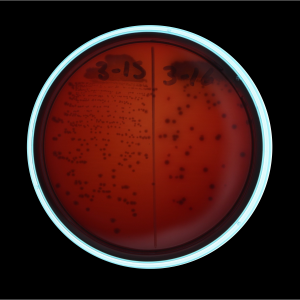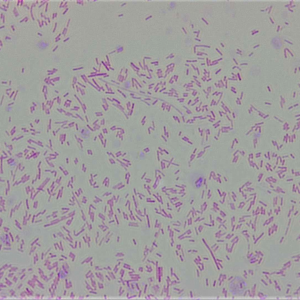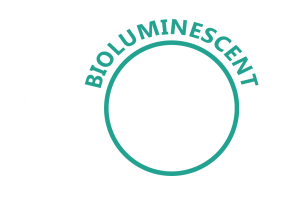Sewers for Superbug Surveillance


- The problem
- Our research
Monitoring antibiotic resistance
Antibiotics are medicines that kill bacteria. They are a cornerstone of modern medicine, used to treat people with infections as well as to prevent infections in those who are vulnerable, like those people who need surgery or treatments like chemotherapy. But here’s the bad news: because bacteria are so good at adapting to their environment and picking up new genes from their surroundings, many are becoming resistant to antibiotics that used to kill them. Check out this incredible video by Dr Michael Baym which shows E. coli taking just 11 days to mutate to become resistant to 1000 times the amount of an antibiotic that normally kills it.
In 2014, the World Health Organization (WHO) reported that drug-resistant microbes are present in every region of the world. Some antibiotic-resistant bacteria can live up the noses, on the skins, and in the guts of healthy people. Even those who have never taken antibiotics. These bacteria can also be spread unknowingly between healthy people. Currently, governments and researchers monitor how widespread these resistant bacteria are by analysing bacterial samples collected from people coming into hospitals and healthcare facilities. But what about the resistant bacteria being carried by people with no symptoms?
Here at the Bioluminescent Superbugs Lab we’re collaborating with Dr Sam Trowsdale from the School of Environment at the University of Auckland to look for antibiotic-resistant superbugs in human poop by analysing sewage. This project was started with the help of the University of Auckland’s Faculty of Science through the Faculty Research Development Fund. It is currently funded by a Health Research Council of New Zealand Explorer grant.
